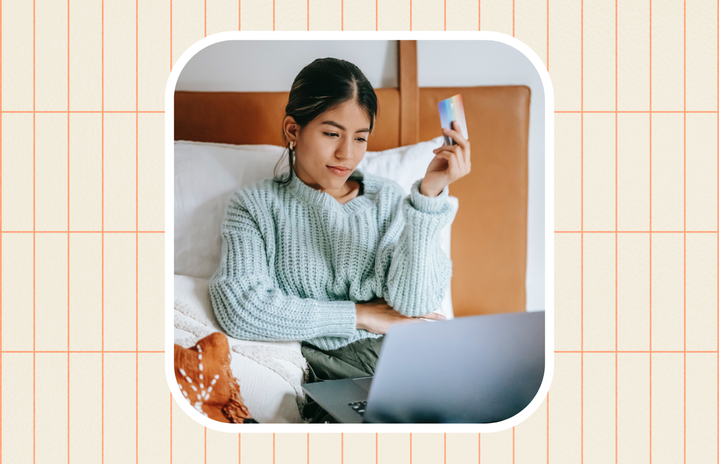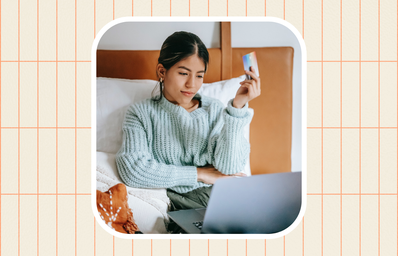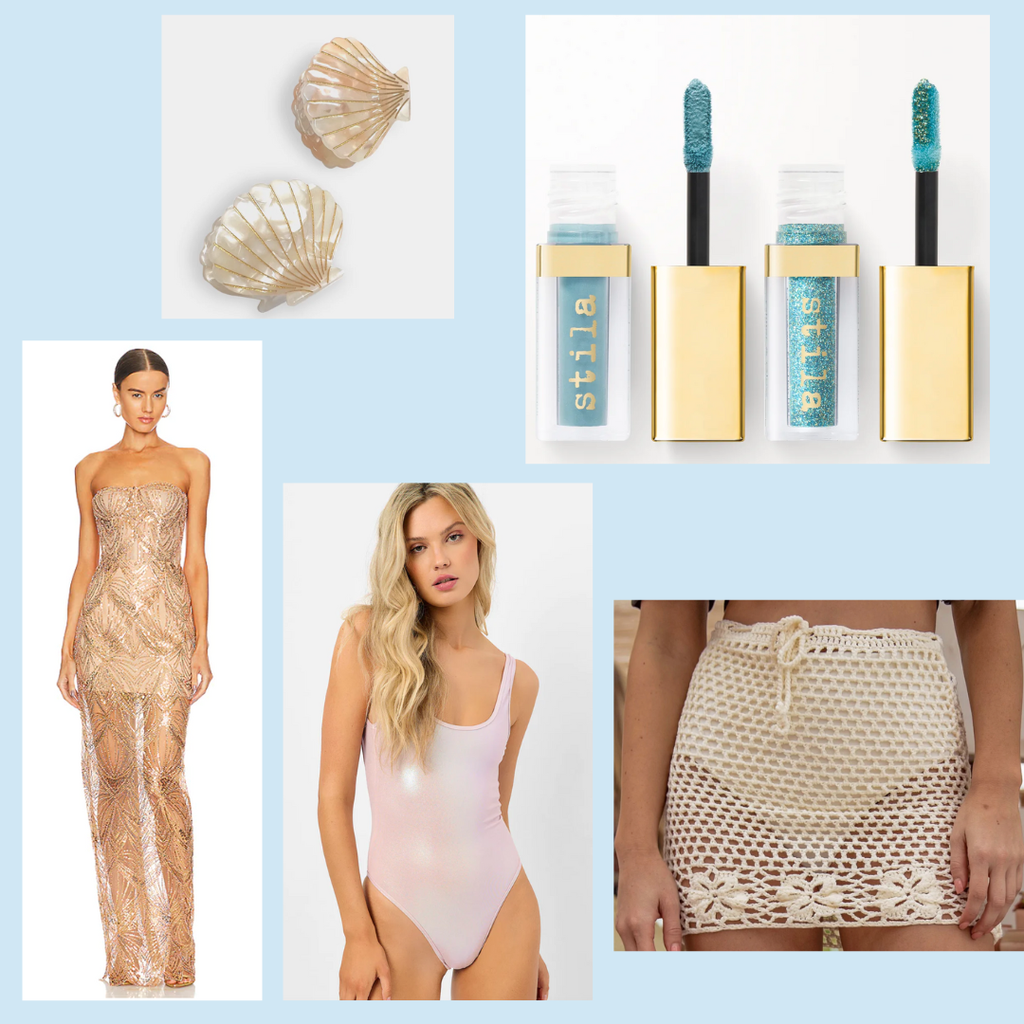I’m guilty of it. You’re probably guilty of it too. Dare I say, we are all a little bit guilty to an extent.
Guilty of what? Buying this year’s version of a new, exciting, reusable “it girl” water bottle that is almost identical to last year’s. Lusting after those shoes you already have in three different colors. And of course, consumerism wouldn’t be consumerism without the shock of envy that we will never admit we feel when we see someone else sporting those same shoes that you just can’t seem to budget into this month’s spending.
The price of consumerism is steep. Not only does it affect everyone disproportionately, but there is an extra air of added pressure on the contemporary college girl. The second you step into college, the land of the unknown becomes the land full of everything you didn’t even know you “needed.” It all goes back to the pressure to fit in: whether it be amongst your peers, the influencers you see on social media (specifically with the rise of the social media platform Tik Tok), or your favorite celebrities. Consumerism is so embedded into social media “influencer” culture that we may not even realize the ways that it gets to us.
The emergence of Tik Tok as well as influencers and brand partnerships have a lot of us in a chokehold. Not only do brand partnerships with social media it-girls that we model ourselves after sway us to purchase things, but the phenomenon of “aesthetics” that has been circulating around Tik Tok is also a part of the problem. There are subdivisions of “aesthetics” surfacing around social media: Will you choose Pink Pilates Princess? Are you more of a Downtown Girl? Or will you model yourself after the Rockstar’s Girlfriend aesthetic? I am extremely guilty of giving into this idea, and it is hard not to be when social media algorithmically exposes you to content that will feed everything your inner consumerist desires.
As humans, we innately want to identify with something, and there’s nothing wrong with sticking to an aesthetic (or trying different ones). The issue lies in the pressure to consume products that will give you the desired appearance that this aesthetic guarantees. Not only is there a wave of over-consumption to identify with an aesthetic, but the fast-changing nature of social media creates a need for more. The aesthetic that was super popular last month may be exactly that: LAST MONTH. Then, you find yourself in a frenzy trying to keep up with this month’s. While it can be argued that this may be more of an issue of an identity crisis, it is actually just that aesthetics are being reshaped and renamed into different but similar things; the only change being that there is a larger array of products to buy.
It can be a challenge to “de-influence” yourself, but your bank account will thank you. In reality, it is not your fault that you feel the overwhelming need to buy buy buy. The “need” you feel to buy the next product, or shop at your favorite Tik Tok star’s amazon storefront is actually just a want that has been encouraged to be confused into a “need.” Buying a material item may cater to a feeling of satisfaction, but those desires may not have even been there in the first place if it wasn’t for how these products are advertised to our specific fears of being out of place socially.
For example, you didn’t feel like you needed new headphones until you saw everyone sporting them. In the pursuit to fit in and ease the fear of not being up to par with the social groups you surround yourself with (this can even be social media) you may buy it. In fact, there is no use in getting new ones. By next year, a different version will come out and these ones won’t be the “it” thing anymore. This is a never-ending cycle and it is not sustainable or even attainable for the average college student.
It can be really tiring scrolling through loads and loads of content that makes you feel the need to change. You can be a “Clean Girl” if you buy this, and you can be a “Pilates Princess” if you buy that. When will it end? As a girl, I want to feel up to speed with my other female counterparts, but this over-comparison, over-consumption, and over-exposure to social media can really take a toll on your mental health and your bank account. It is admittedly hard to “de-influence” yourself from buying something when you are about to hit the climactic “place order” button.
Instead, it can be more rewarding to develop a long-lasting style/aesthetic that you can individualize and keep for years to come. Of course, change is inevitable over time, and your long-lasting style will therefore change, but the rate at which we may feel pressured to change now with the help of social media is drastic and at a high. It is liberating to take back individuality and find a stable middle ground. Of course, it is still fun to buy a new dress for a long-anticipated event, or some new shoes every once in a while, but it can be more rewarding when those things are special and not pressured or impulse buys.
The next time you add something to your cart, maybe think about whether this is a need or want. Will this really enhance your life in some way? This is easier said than done, as I have learned from experience, but with practice and some self-control, de-influencing has made me feel better and more in control of my own life. The next time you see your favorite influencer doing what they do best—influencing—remember that is their job, and this is your life! You might just thank yourself later for choosing to de-influence.



